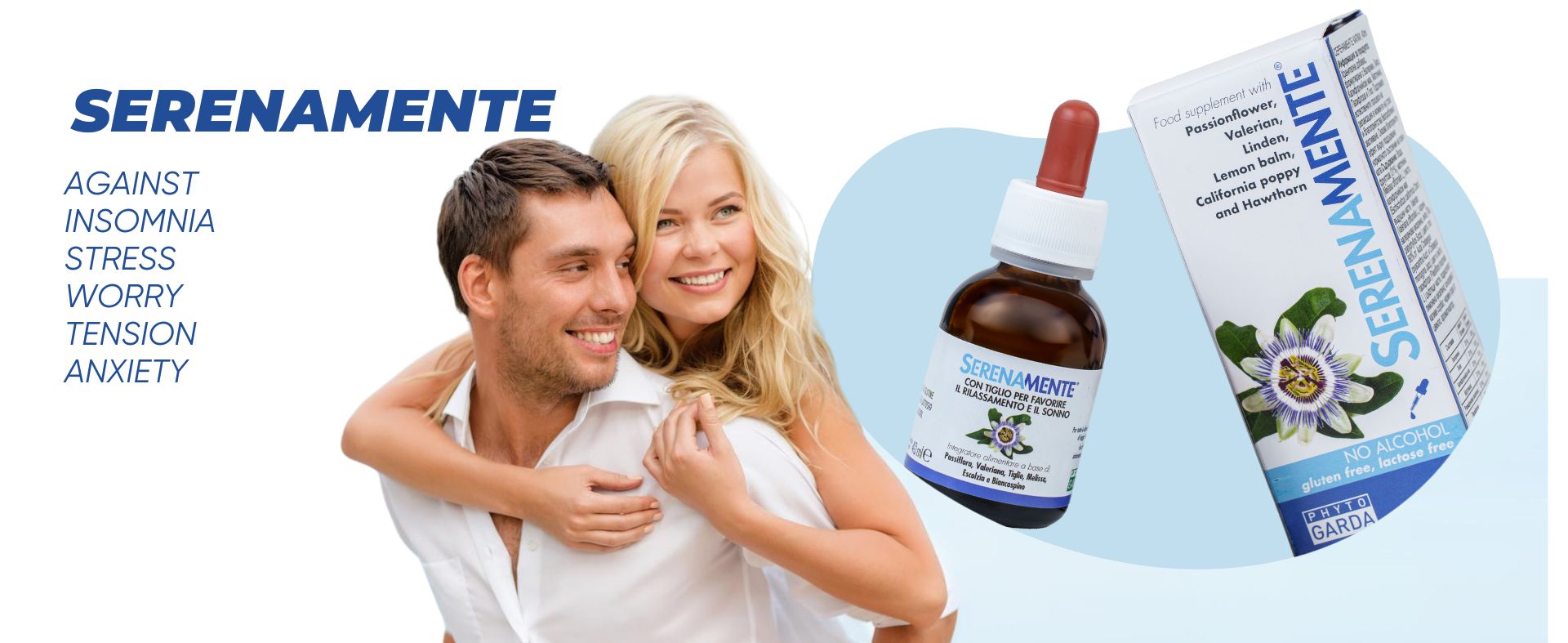
About Avendra Pharma
AVENDRA PHARMA was founded in 2019 as a partner of European companies entering the Bulgarian pharmaceutical market. The company focuses its efforts in the areas of: ophthalmology, gynecology, neurology, pediatrics and offers products with proven effectiveness.
Created by professionals with over 25 years of experience, AVENDRA PHARMA has established itself as a trusted partner of a number of pharmaceutical manufacturers and is currently one of the fastest growing companies in the sector.
AVENDRA PHARMA is the exclusive official representative for BULGARIA of Alliance Pharmaceuticals, UK and NAMED GROUP, Italy
Екип

dr. Svetlomir Stanchev
CEO

dr. Elka Stancheva
Neurology Expert

Georgi Georgiev
PR and Advertisement

Martin Georgiev
Marketing Manager

dr. Nikolay Kolev
National Sales Manager

Stef Taseva
Key Account Manager

Svetla Popova
Financial Manager

dr. Ralitsa Vincheva
Eye Diseases Consultant

Rada Stoilova
Drug safety

Valentin Borisov
Distribution

Eleonora Ivanova
Project Manager

Daniela Ilieva
Online Marketing Manager

Georgi Georgiev
IT specialist

dr. Ivo Pavlov
Key Account Manager

Denitsa Stoyanova
Key Account Manager





